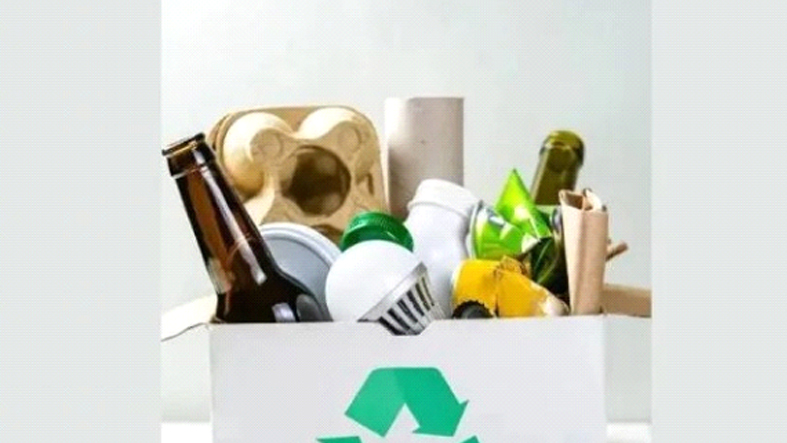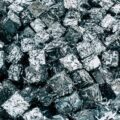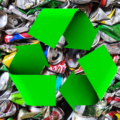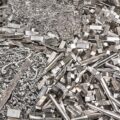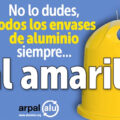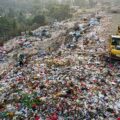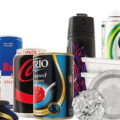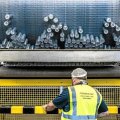The Packaging Forum is making significant changes to its recycling labeling program for the Australasian Region (ARL) in response to a notice issued by the New Zealand Ministry of the Environment and regulations related to curbside recycling.
As of February 1, 2024, changes were implemented in the domestic recycling system in New Zealand with the aim of standardizing accepted and excluded materials. The ARL team is working with stakeholders to gradually address the concerns that these changes are creating for organizations producing packaging in the New Zealand market.
The main updates to the Packaging Recycling Evaluation Portal (PREP) are as follows: Packaging made with paper or cardboard as the primary material and aluminum as a secondary material will be considered Non-Recyclable.
In addition, non-recyclable materials will include aluminum foil cartons, gable-top cartons and rigid LDPE as the main materials. Changes have also been made to recyclability classifications for items or materials that were previously under review.
There have been modifications in the materials used in the manufacture of products, such as the use of aluminum foil and rigid PVC as raw materials. In addition, the use of unpigmented rigid CPET and colored transparent rigid PET, both classified as recyclable with lost value, as well as water-soluble biopolymer used as a secondary material in rigid PET, also considered recyclable with lost value, have been incorporated.
It was reported that the latest news was confirmed by an official PREP document, where the differences and similarities between the PREP evaluation and the gazette were mentioned. Those organizations implementing ARL in new products after February 2024 should thoroughly review their PREP assessment based on this document to ensure proper implementation of ARL.
The ARL program is looking for new options to address the problem of packaging in the food industry, including voluntary schemes to manage caps, cartons and other materials. They are also working with metal recyclers to develop specific collection and recycling methods for certain types of metal containers, excluding aerosols, with an ongoing review process to ensure their acceptance into the ARL program.

